In this article, we will be looking at backlinks. What they are, their importance, what you need to consider and a few tactics to grow them.
What are back links
These are, quite simply, links that point to your website.
But, getting them is not as simple as the explanation. Don’t get me wrong, there was a time when backlinks were quick and easy, but nine times out of ten, they were not ethical. And once search engines cottoned on to link farms, people paying for links and other poor SEO practices (circ 2012), they started to penalise those that used these ways to boost their rankings. Cue backlinks being put to the bottom of the to-do list. And why wouldn’t they be when there are other less risky and time-consuming SEO tactics that could be done instead.
How important are backlinks?
"Pages with lots of backlinks rank above pages that don’t have as many backlinks. In fact, the #1 result in Google has an average of 3.8x more backlinks than positions #2-#10."
BACKLINKO
Adding your website to a couple of directories will not cut it. It is time for website owners to build a content and SEO strategy that includes link building IF you want to really stand out from your competitors.
However, we go into how to get high-quality backlinks; there are a few factors to consider when putting together a link building strategy.
What you need to consider
1. Is your website performing?
Before embarking on a link building exercise, make sure your website is up to scratch. People who link back to you (excluding directories and listings) will consider this. Plus, you don’t want to waste time getting more traffic to your site if your website is not even performing with the traffic it already has.
Key areas to look at:
- Is your messaging up to date? Will it tell the visitors what you do quickly?
- Please give them an easy journey to take the next step. Yep double down on your design. Remove unnecessary and weighty over-engineering and clicks.
- Optimise. Not only to be discovered but also for accessibility.
2. Page variation
Variety is the spice of life, and while your home page needs to have the majority of links, you also need to give your internal pages some love. When possible, link elsewhere to support your internal website pages such as your services, products or about page. The link needs to go to a relevant page.
3. Hyperlink text variation
We are referring to the visible, clickable text in a hyperlink that leads a reader to another web page. For example, ‘content marketing’. This can be on a page internally or externally. It would be best to vary these anchor phrases as you can have too much of a good thing here. Related keywords that link to these pages only serve to show search engines other words that this content is relevant for and the assigned keyword.
4. Keep track
This is two-fold.
Firstly you need to note where your links are and the URL they link to. Then, if your URL changes in the future, you know where to go to update this information and prevent dreaded 404 errors.
Then you need to keep track of links to you. Some will naturally appear that you would not have asked for. Some will be welcome, some not so much, and you will need to deal with them accordingly! If you do see something dodgy, read this post from Google about dealing with them.
Bad backlinks come from:
- A website with penalties. Whether it is a standard penalty or an algorithm one, search engines consider these links untrustworthy, and they will damage your site.
- Websites that are entirely unrelated to your site and its content. Relevant backlinks are a critical factor for good SEO. For example, if your site sells beauty products but has a link from a site that sells cars, it won’t help you. Get rid of those links immediately.
- A website with weak and limited content or, even worse, duplicated!. Google doesn’t favour those.
- Low-quality link farms. It’s all well and good linking to directories online, but only if relevant to your services. Otherwise, linking to unrelated sites will do more harm than good.
- Sites with malware or those which have been hacked.
How to increase backlinks
This is not an exhaustive list of advanced link building techniques; actually, we will only cover four. These exercises take time to prepare and execute. With that said, if done well, they can all give your ranking some well-deserved brownie points and your website some new traffic.
1. PR
Engaging in some PR for your business not only adds trust from a visitor’s point of view but from search engines as well. For example, if you are mentioned in an article, have an opinion piece published or can provide “guest content” (see below) that links back to your site, this will act in your favour as a high quality and relevant backlink.
There are many ways to get your business in the press. From the traditional PR route of sending a press release to utilising a Press Office service, not forgetting newsjacking, the practice of sending a pitch to a journalist about an article idea, you have based on trends and topics of interest.
Just remember this :
- hyperlinking text (if you have a choice),
- what page is this link going to go to
- where this link is in case anything changes!
2. Guest content
Approaching influential online publications, podcasts and blogs that are industry-specific and pitching content ideas to them is one way to go about link building. Just remember they may not want to feature anything that has been published elsewhere, so make sure you offer them something unique.
3. Backlink hero
Who doesn’t want to be a hero? Using this technique is an opportunistic way of building links and helping another website out. In short, it is when you contact a web admin about a broken link on their site, and you offer them a link to the related content on your site to help them out.
To do this properly, you need to:
- have a list of keywords/topics that you want to rank for
- have extremely well-written content that related to the keywords/topics
- ensure your site health is tip top
- be able to identify websites with 404 errors.
- Oh, and time!
The ‘Broken Backlinks’ process does take a bit of detective work but can reap quick rewards. To read about the whole process, click here –> Broken Link Bible from Moz.
4. Competitor analysis
In a nutshell, again, if you know what keywords you want to be found under, and you know who you are competing with for those keywords, you can find out where their backlinks are.
Armed with knowledge, you can make friends with journalists, bloggers etc, to keep your company forefront of mind. By building relationships this way you are saving a lot of time building media lists and prospecting. How? Because you know that they have previously written about your industry/expertise/product before, so when you have a cracking idea, it isn’t such a cold sell.
Like any marketing, link building is a long-term activity to increase your authority online.
Please do not go into it blind. And if is sounds to good to be true – it probably is!
Read more into it and do what you are comfortable with OR speak to a company that can help AKA us.





